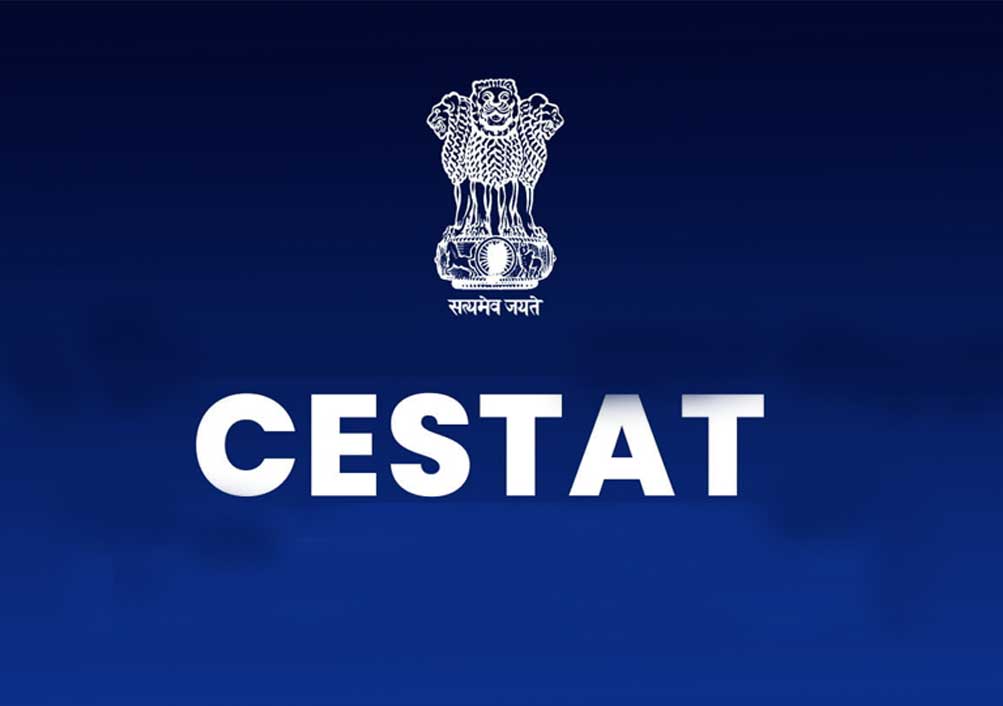In Excise Appeal No. 2372 Of 2011 -CESTAT- CESTAT (Chandigarh) rules failure to allow cross-examination of key witnesses vitiates the entire quasi-judicial proceedings
Members S.S. Garg (Judicial) & P. Anjani Kumar (Technical) [19-07-2023]

Read Order: Lauls Limited and Ors v. The Commissioner of Central Excise, Delhi-IV
Chahat Varma
New Delhi, August 2, 2023: The Chandigarh bench of the Customs, Excise, and Service Tax Appellate Tribunal has ruled that the failure to allow cross-examination of key witnesses in quasi-judicial proceedings, vitiates the entire process.
In the matter at hand, the appellants were involved in the manufacturing of mild steel and non-alloy steel, ingots, and other articles of iron and steel. Officers from the Directorate General of Central Excise Intelligence (DGCEI) conducted a search of the appellants' factory and other related premises. After completing the investigation, a show cause notice was issued. During the remand proceedings, the Adjudicating Authority confirmed a demand along with interest on M/s Lauls Limited. The authority also imposed an equal penalty under Section 11AC of the Central Excise Act, 1944, and a penalty of Rs. 10 Lakhs each on Shri Abhay Gupta, Director of M/s Lauls Limited, and Shri Ram Bilas Bansal, a broker, under Rule 26 of the Central Excise Rules, 2002. Additionally, the Adjudicating Authority ordered for the appropriation of the amount paid by M/s Lauls Limited towards the duty liability and penalties.
The counsel representing M/s Lauls Limited and Shri Abhay Gupta, Director, argued that the demand against the appellants was confirmed based on statements given by the supplier of goods, broker Mr. Ram Bilas Bansal, and the transporter. The counsel contended that the Adjudicating Authority violated the provisions of Section 9D of the Central Excise Act, 1944, as they did not provide any opportunity for the appellants to cross-examine the witnesses whose statements were relied upon for confirming the demand.
The coram of S.S. Garg (Judicial) and P. Anjani Kumar (Technical) observed that the appellants had requested the Adjudicating Authority for an opportunity to cross-examine specific witnesses, including Shri Ram Bilas Bansal, Shri Abhay Gupta, and Shri D.K. Gupta. However, the Adjudicating Authority rejected this request on the grounds that the appellants did not strongly emphasize the need for cross-examination. The bench found the Adjudicating Authority's reasoning unacceptable and emphasized that it was mandatory for the Authority to adhere to the provisions of Section 9D of the Central Excise Act, 1944.
The bench cited the judgment rendered in Andaman Timber Industries v. Commissioner of C. Ex., Kolkata-II [LQ/SC/2015/1137], where the Supreme Court had held that if an Adjudicating Authority relies on the statements of witnesses to make an order but denies the assessee the opportunity to cross-examine those witnesses, it is a grave flaw. Such an omission renders the order null and void as it constitutes a violation of the principles of natural justice and adversely affects the assessee's rights.
Thus, the bench concluded that the absence of cross-examination of key witnesses, seriously vitiated the proceedings. In response to the appellants' counsel's request, the bench accepted the contention and acknowledged that justice would be best served by remanding the case back to the Adjudicating Authority.
Sign up for our weekly newsletter to stay up to date on our product, events featured blog, special offer and all of the exciting things that take place here at Legitquest.




Add a Comment